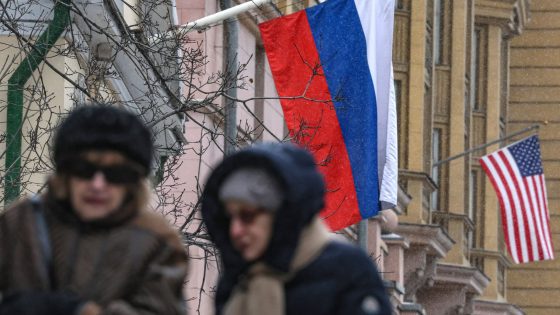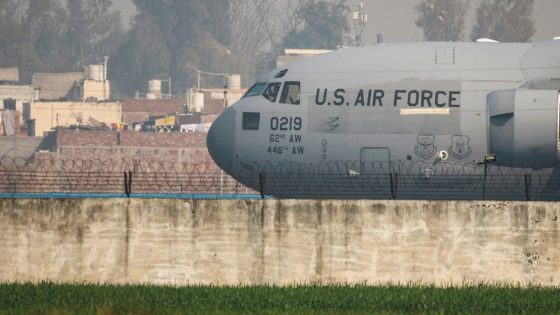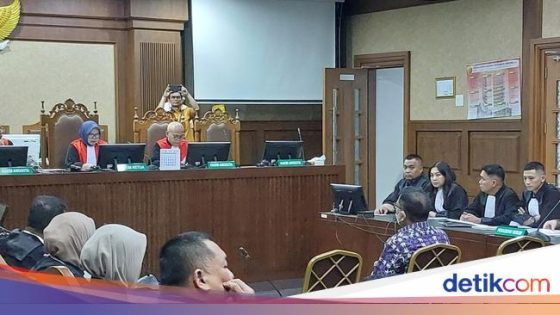The united states has expressed objections to the use of the phrase “Russian aggression” in a G7 statement regarding Ukraine. This development comes as the G7 prepares to mark the anniversary of Russia’s invasion of Ukraine on February 24, 2025. The U.S. stance reflects ongoing diplomatic tensions and differing perspectives within the group regarding how to characterize Russia’s actions.
- US opposes 'Russian aggression' in G7 statement
- Resistance to labeling Russia as aggressor
- UN motion backing Ukraine not co-sponsored by US
- Diplomatic tensions over Ukraine war anniversary
- Multiple media outlets report similar US stance
The context surrounding this issue involves complex international relations, particularly among G7 nations—Canada, France, Germany, Italy, Japan, the United Kingdom, and the United States. As these countries approach a significant date marking one year since Russia’s military actions began in Ukraine, their unity is being tested by differing views on how to address Russia’s role.
Key details include:
- The U.S. has historically taken a cautious approach when labeling Russian actions.
- This resistance could impact future statements and collective responses from G7 leaders.
- Discussions are expected to continue leading up to the anniversary date.
This situation underscores broader geopolitical challenges as nations navigate their positions on security and diplomacy concerning Ukraine. The reluctance from the U.S. may reflect concerns over escalating rhetoric or potential repercussions in its relationship with Moscow.
The U.S.’s objection to calling Russia an aggressor illustrates significant divisions within international alliances as they seek coherent messaging on global security issues. As discussions evolve leading up to February 24, it remains crucial for all parties involved to find common ground while addressing critical matters affecting regional stability.
































